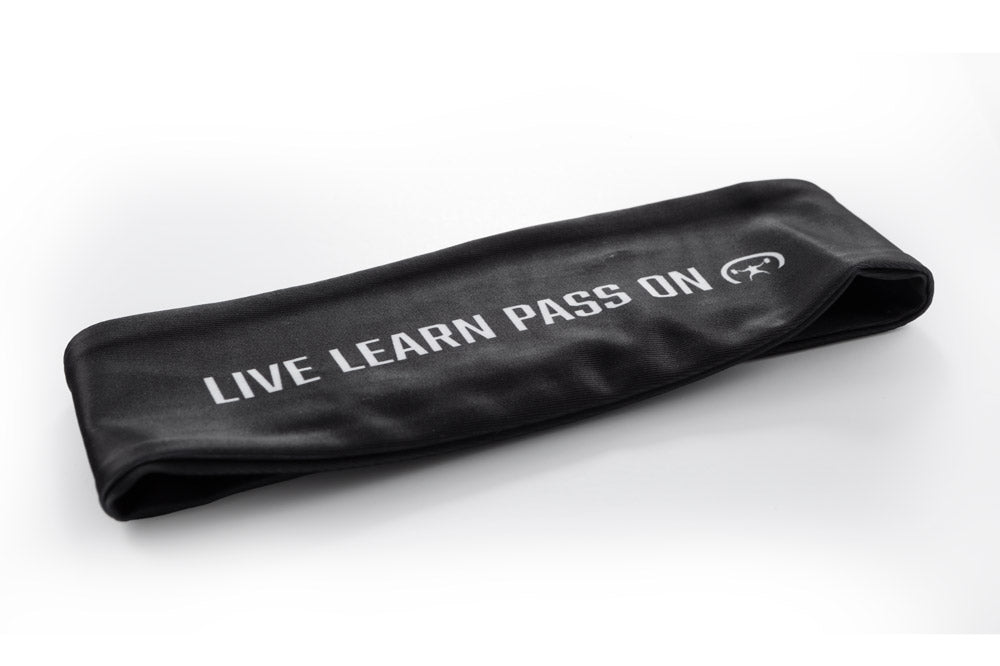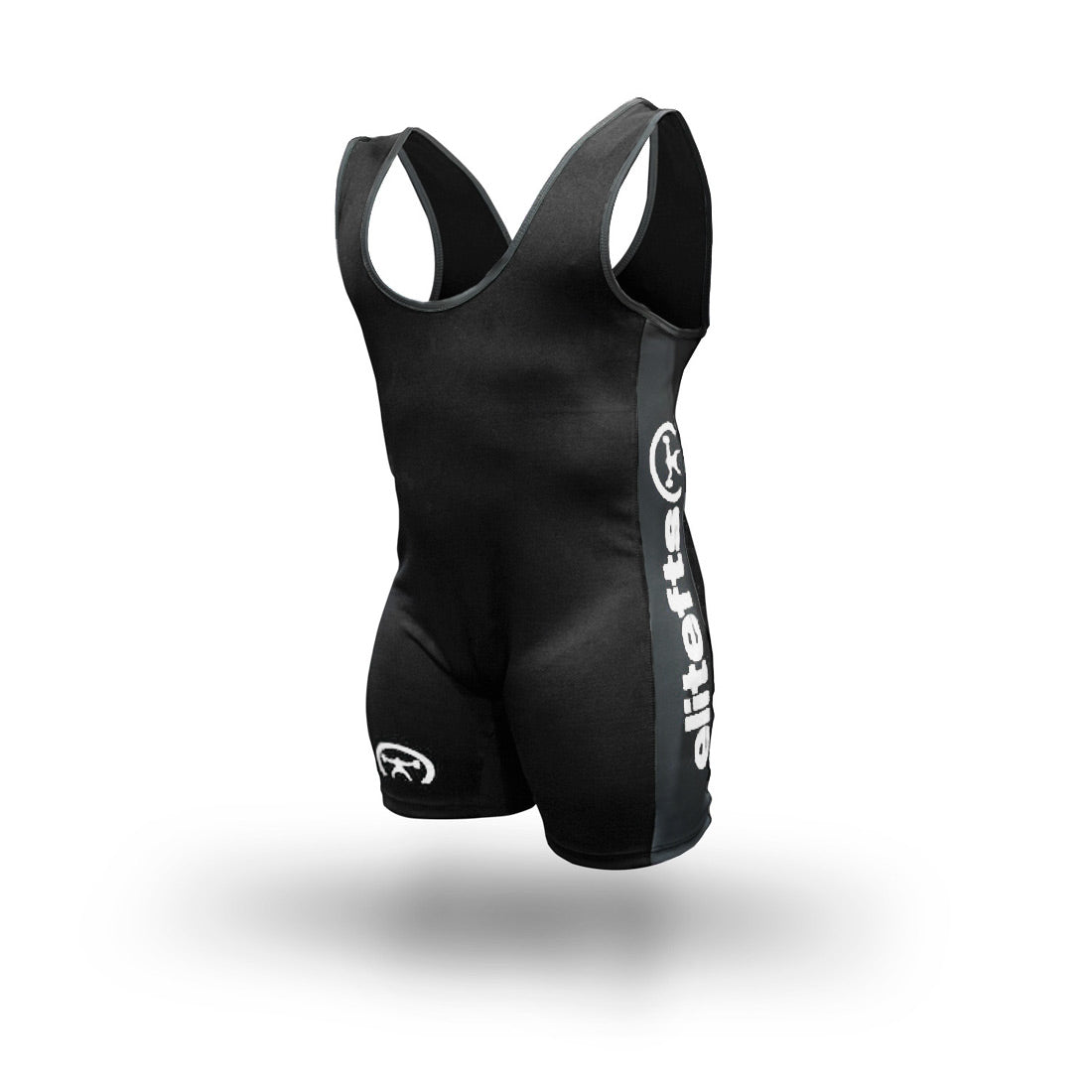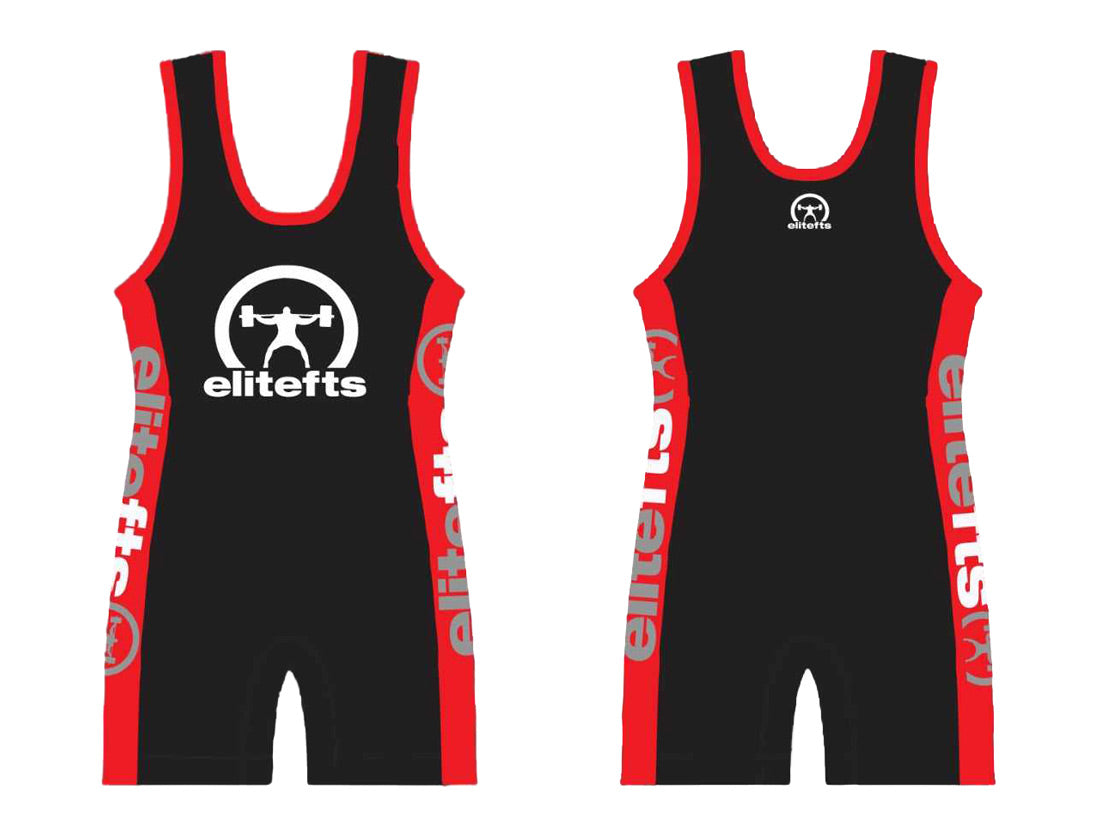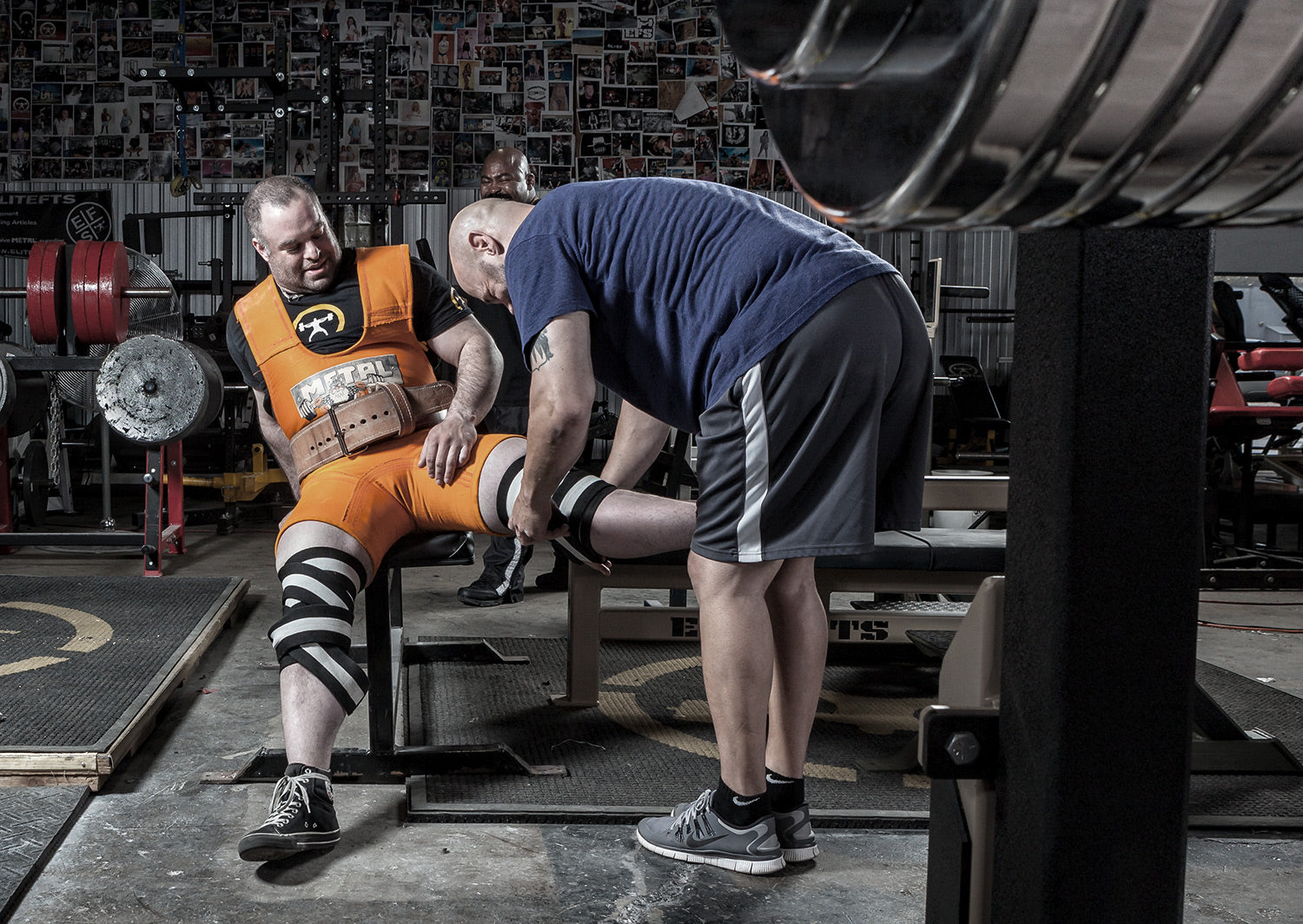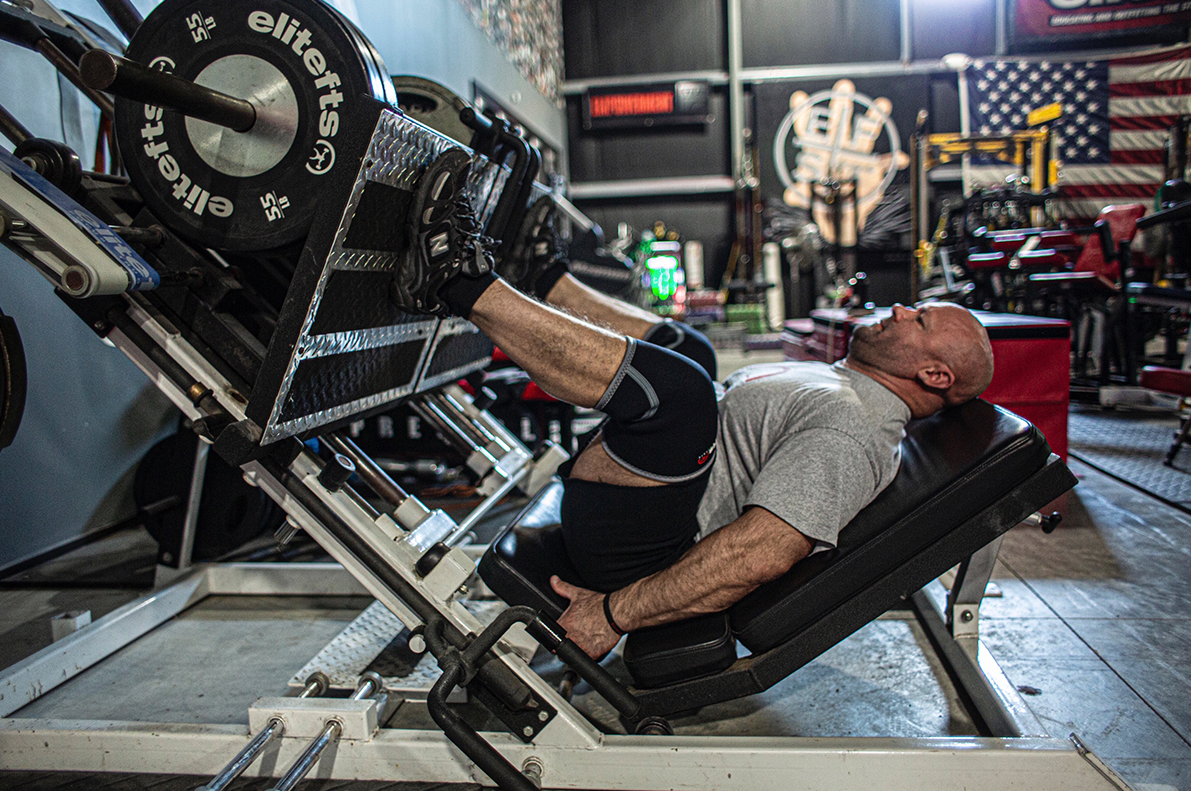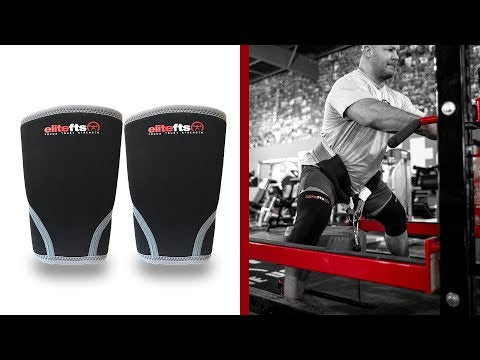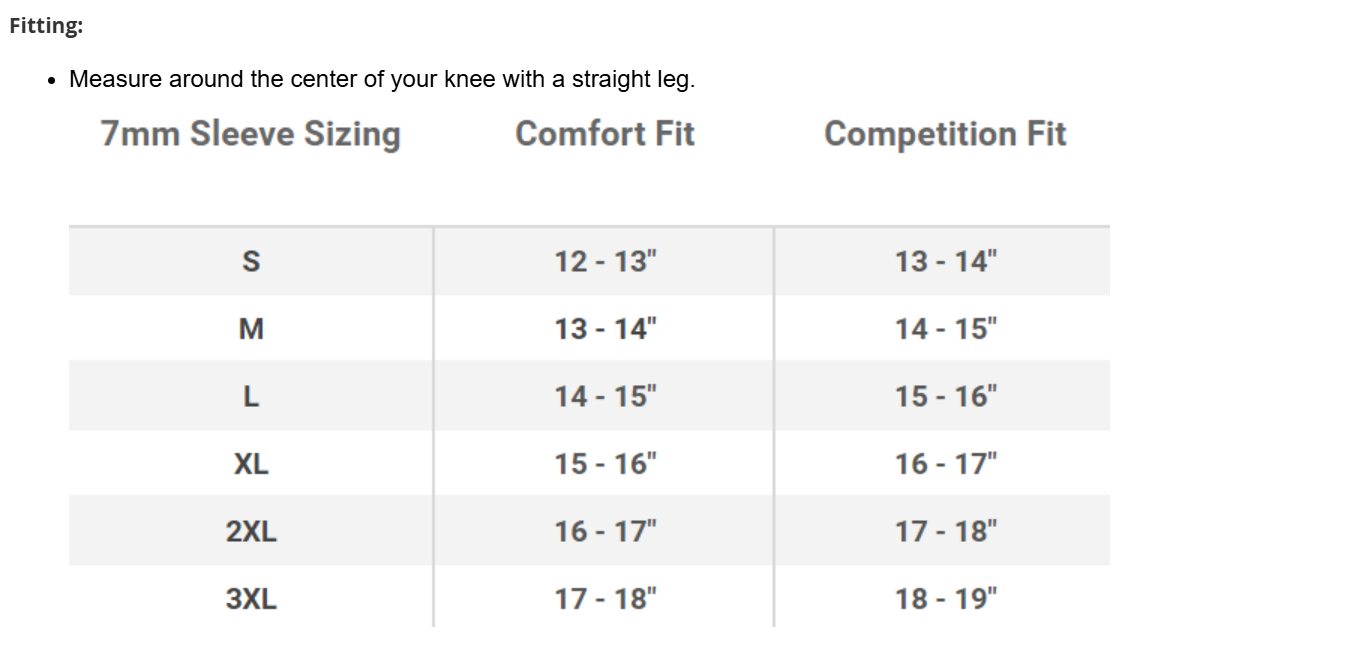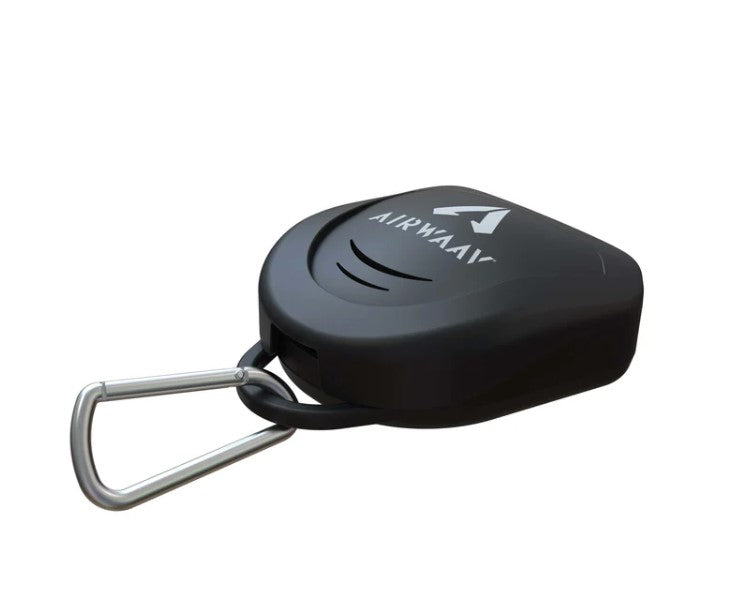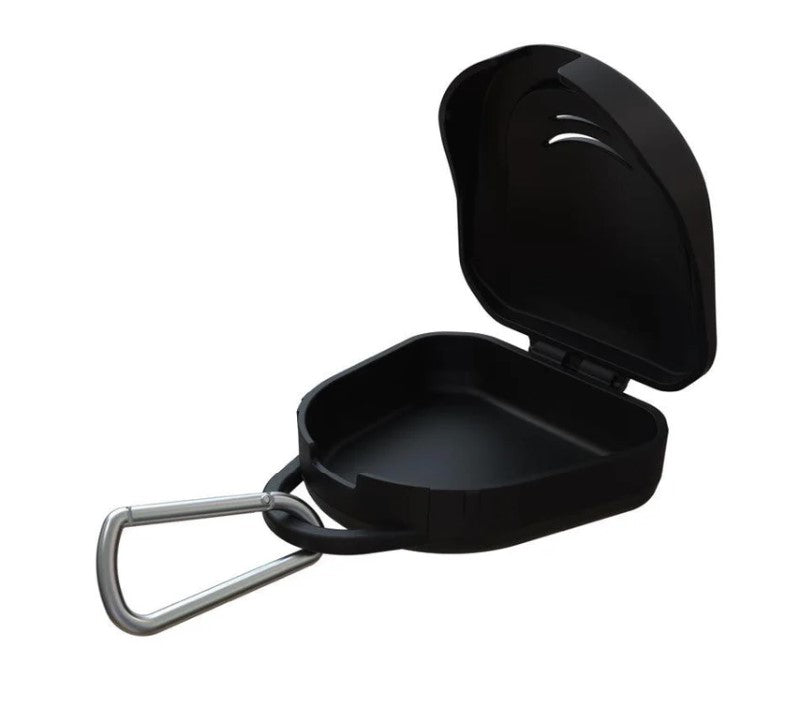This week's Table Talk is being taken over by two of elitefts' best: Swede Burns and JP Carroll. Swede, known best as the creator of 5thSet and as 2016 Powerlifting Coach of the Year, and JP Carroll, known best for being incredibly strong (with a 2250-pound best raw total), are answering questions posted directly to them from elitefts readers.
For Swede:
"Swede, as 5thSet has evolved, would you still have people new to the methodology start with the original principles? And during its evolution, did you see a need for it to evolve with beginners, more experienced lifters, or just saw that it could be more efficient?"To answer this question, Swede breaks it into two parts. First, yes, someone new to the methodology should start with the original principles because the principles haven't changed. In the original ebook, Swede focused on the most important aspects of the methodology without overcomplicating it with too many variables or options someone could alter.
The second part, regarding the evolution of the program, was heavily influenced by one thing many lifters struggle with: adherence. No one wants to stick to one program for an extended period of time. This is why there is so much counter-productive program hopping. To help combat this, Swede looked at some of the techniques he uses with advanced lifters to see if it was possible to alter them for use by lifters of all experience levels.
Beginner and intermediate level lifters have what Swede refers to as "artificially lower" maxes, because they fail based on underdevelopment or meagerness of body. These people tend to get higher reps on their fifth sets, which has led to changes in the programming Swede has made over time. In other words, as 5thSet has evolved, Swede has given more options and extended the capabilities of the program, but the foundational principles remain the same.
The new ebook was about providing more options and not about changing anything that has made 5thSet as successful as it is.
For JP:
"You're a seasoned lifter. Was it difficult to have someone else completely take the reins on your training?"The answer to this question includes both yes and no. JP says it's easy to get into your own ways and not want to change, but then sometimes you have to wake up. For JP, it was a when things started going backward due to a pec injury and he had to find a way to turn things around. The results working with Swede have been exactly what you'd want — including a 585, pain-free bench during his most recent training cycle. The approach has not been, as Swede says, "driving it like you stole it."
This answer then leads into a conversation between JP and Swede about peaking. You shouldn't always be running a peaking cycle and you shouldn't be peaking in the gym simply so you can post it on Instagram. This might work short term, but it won't take you to the heights of your potential.
JP's final thought on letting Swede take the reins is about the mental benefit of doing so: You need someone in your ear telling you to hold back. You need someone telling you when not push things just for the sake of hitting a number in training. You need someone stopping you from doing stupid shit because you get too worked up. Could JP have hit 600 in training the other day? Sure, but what would have been the point? What would have been the long-term benefit?
WATCH: Westside Misconceptions — High Standards


















